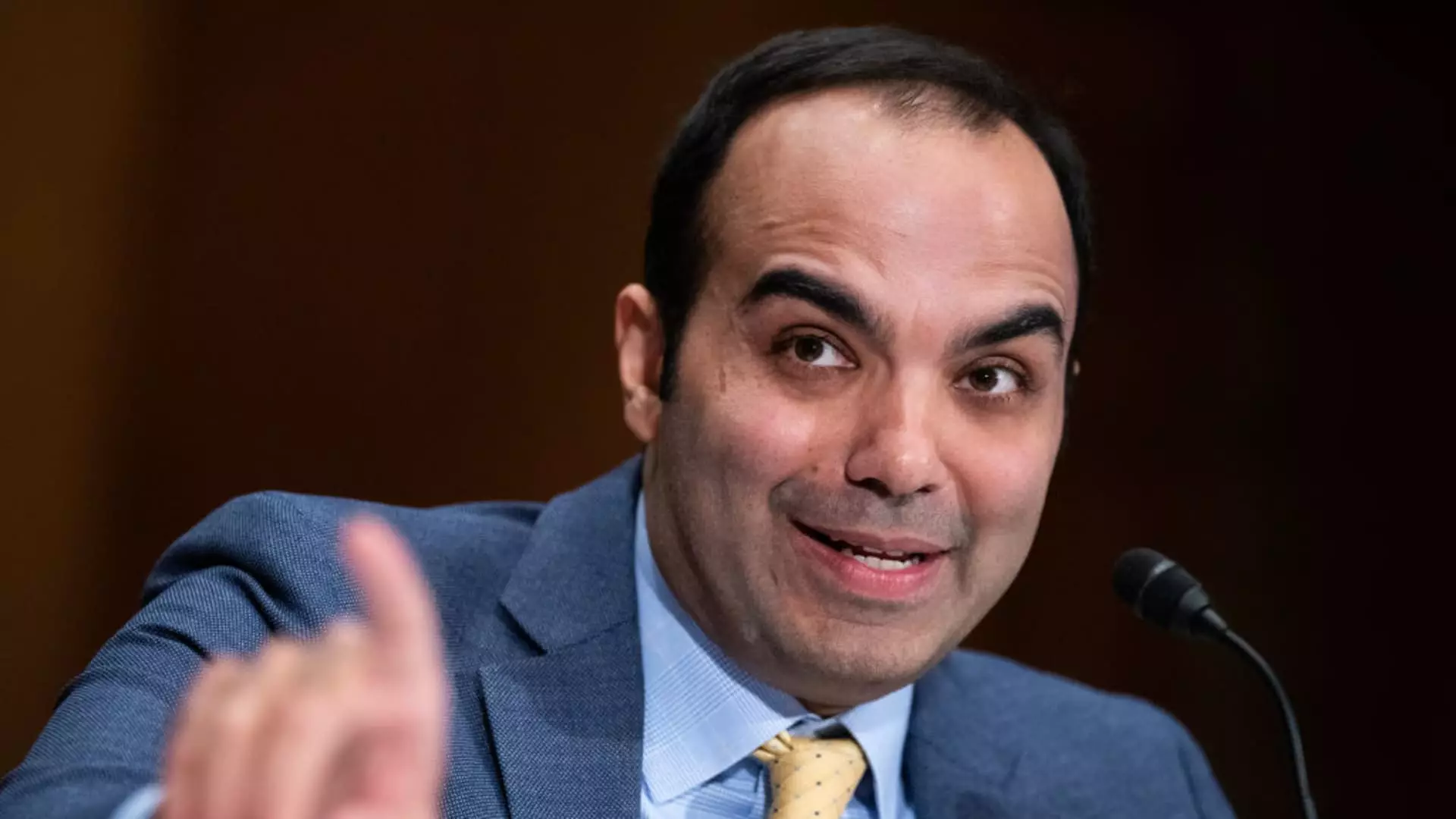On a notable Friday, the Consumer Financial Protection Bureau (CFPB) took a significant step by filing a lawsuit against the operator of the Zelle payments network alongside three prominent U.S. banks: JPMorgan Chase, Bank of America, and Wells Fargo. This legal action stems from serious allegations asserting that these financial institutions have not adequately investigated claims of fraud nor provided necessary reimbursements to affected customers. The CFPB’s report highlights a shocking statistic: since Zelle’s inception in 2017, customers have suffered losses exceeding $870 million. This lawsuit not only raises important questions about consumer protection but also underscores potential lapses in responsibility by both the payment network and the banks involved.
Zelle, a peer-to-peer payment service that allows instant money transfers between individuals and businesses, has swiftly risen to prominence, emerging as the largest platform of its kind in the United States. This rapid ascent can partly be attributed to the assistance from its financial industry backers, which aimed to counteract the growing popularity of competing payment applications. However, as CFPB Director Rohit Chopra aptly pointed out, the rush to compete may have sacrificed critical consumer protections. The allegations suggest a failure to implement adequate safety measures, positioning Zelle as an attractive target for fraudsters while leaving victims with limited recourse.
The CFPB’s lawsuit brings to light a crucial issue surrounding the treatment of fraud victims. Consumers who rely on these banking giants expect a baseline level of security and support when using their services. Allegations that these institutions neglected to address fraud complaints seriously undermine consumer trust and raise fundamental questions about their priorities. While Zelle has defended itself by asserting its commitment to fighting fraud and maintaining industry-leading reimbursement protocols, the scale of losses reported speaks volumes. It is clear that there is a significant discrepancy between the protections claimed and the harsh realities faced by consumers.
As the lawsuit unfolds, it serves as a pivotal moment for the banking and fintech landscape. The systemic issues raised by the CFPB may necessitate a reevaluation of current practices regarding consumer protection, particularly in the realm of instant payment systems. With fraud continuing to evolve, financial institutions must adapt by implementing comprehensive safeguards that prioritize the safety of their customers. This situation calls for reform not only within Zelle and the implicated banks but also across the entire industry where accountability must be bolstered to restore consumer confidence.
The recent legal actions against Zelle and its banking partners represent a broader need for accountability in the fintech space. It is imperative that institutions recognize their role in protecting consumers and actively work to mitigate risks associated with digital transactions. As the situation develops, stakeholders must be vigilant, ensuring that consumer rights and protections are not only acknowledged but also faithfully upheld. The implications of neglect can be far-reaching, affecting not just the individuals involved but the integrity of the financial system as a whole.

Leave a Reply